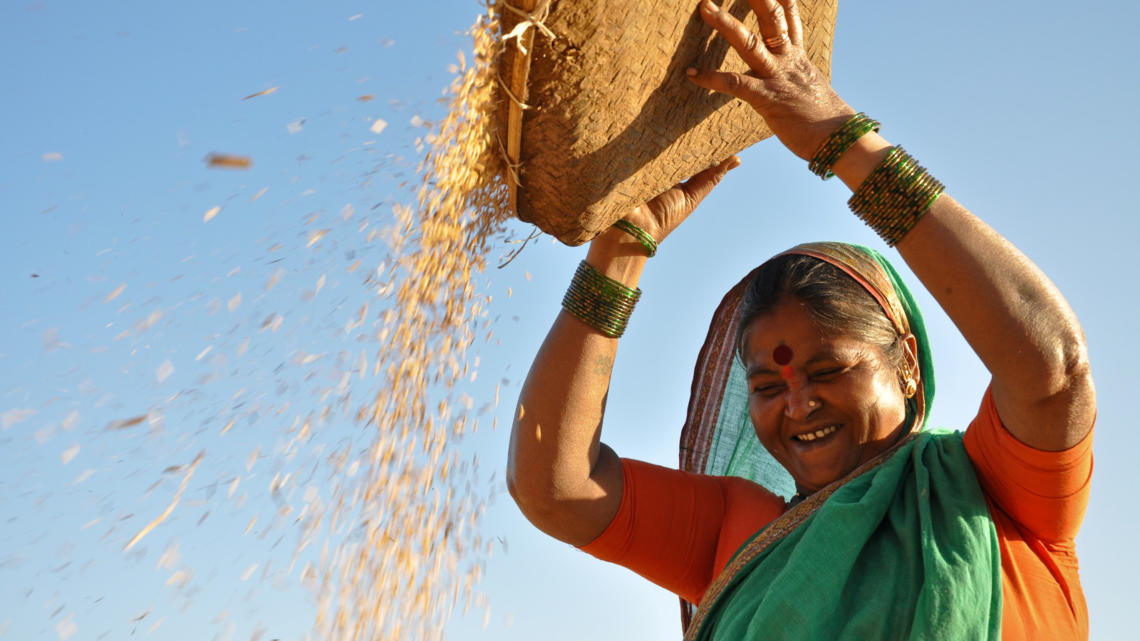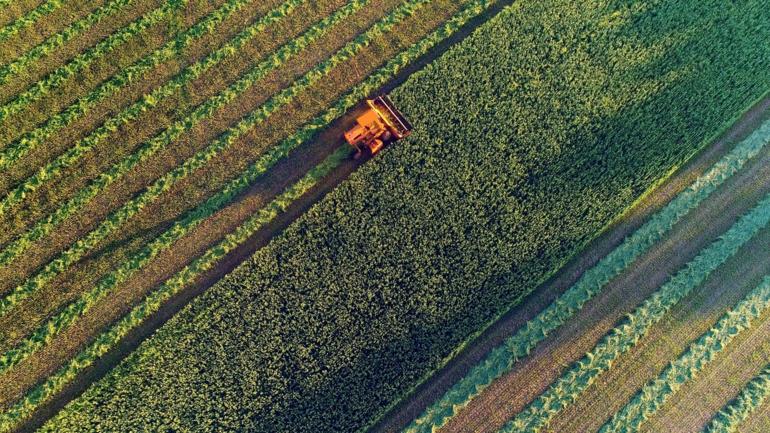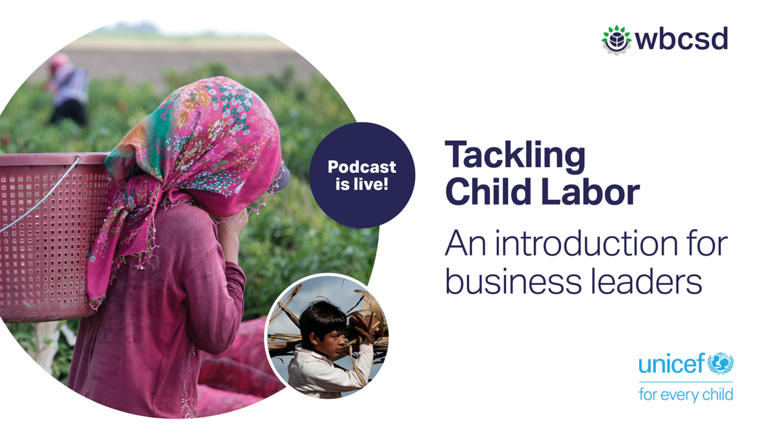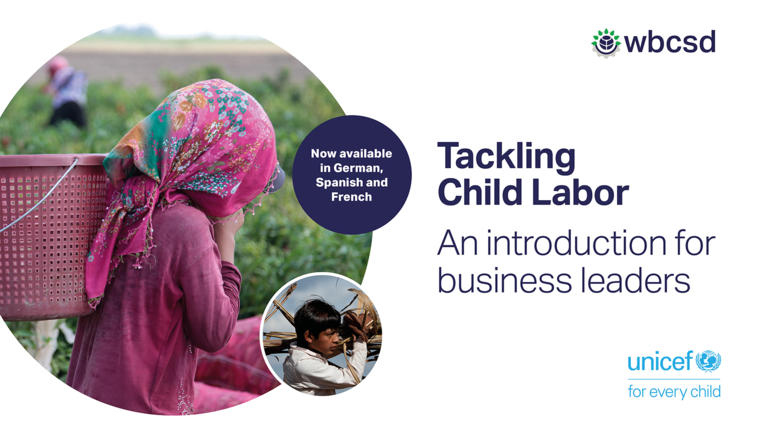The private sector’s action on human rights is under growing scrutiny, exacerbated by concerns around growing inequality as a result of the global pandemic and within this year’s UN Food Systems Summit discourse. Consumers, governments, and NGO advocates are calling on the private sector to take a stronger role in protecting human rights across agri-food supply chains. Company benchmarking is on the rise; investors are increasingly engaging with the social impact piece of ESG (Environmental, Social, Governance) disclosures; and WBCSD’s new membership criteria requires companies to publicly commit to respecting human rights in alignment with the UN Guiding Principles and disclosing annual progress by December 2022.
The Global Agribusiness on Equitable Livelihoods Project (GAA-EL) at WBCSD works with its members to tackle pressing social challenges in the agriculture sector, including respecting and protecting human rights. Building on a comprehensive toolkit published in 2020 that aimed to foster alignment and scale action to improve human rights policy and practice in the sector, GAA-EL developed a complementary training pack for its members to customize and implement across their operations.
A training slide deck with detailed speaking notes is now available for members, which includes core content slides, videos, a case study, and a series of interactive learning exercises. Trainers can customize the materials for their agribusiness, such as adding company branding and human rights policy information; selecting from the range of exercise options depending on the audience; and incorporating news coverage or benchmarking results to add context. A guidance note accompanies the slides, offering training tips and templates like a post-training feedback form, and a suggested trainer job description and set of qualifications for companies to use when selecting their trainers.
On 14 and 15 June, GAA-EL hosted virtual “train-the-trainer” workshops to present the materials to its members. Over 30 participants from 13 agribusinesses joined the sessions across geographies, eager to learn from human rights expert Louise Nicholls from Suseco who developed the content and delivered the workshops. Ms. Nicholls walked participants through the training materials, used interactive tools to engage participants in the exercise modules, brought forward a case study to put the material into context, and answered questions related to participants’ unique needs.
Rich group discussion followed Ms. Nicholls’s presentation, helping inform how GAA-EL will focus moving forward to build capacity of its members on this critical challenge. Future workshops and materials may help members develop grievance mechanisms or engage with their suppliers on human rights, for example. GAA-EL is considering bespoke trainings on salient human rights issues in the agriculture sector, such as child labor or forced labor.
Christian Bustamante, Senior Manager in the Sustainability Department at Halcyon Agri Corporation Limited said of the workshop experience: “GAA-EL’s human rights train-the-trainer workshop succeeded in delivering a practical step-by-step guide on a complex (and often misunderstood) topic that is human rights due diligence. Supplemented by industry-specific case studies, the trainer contents will surely help sustainability teams integrate the practice in their operations.”
Brigitte Mugiraneza, Human Rights and Inclusion Manager at Olam, joined one of the workshops and underscored the importance of the resources to her company: “Training and engaging our employees on human rights-related issues is an important step in embedding human rights in Olam’s corporate culture and in respecting and promoting human rights in our operations as well as in our supply chains. As a Human Rights & Inclusion Manager, this training enables me to better play my part in contributing to, facilitating and leading this dialogue across our business. It was a good opportunity to meet other passionate people from different industries and to learn how they are dealing with this sensitive and yet complex topic of human rights in global supply chains.”
GAA-EL’s resources will also bolster ongoing human rights work underway at Philip Morris International. Paulina Villa, Manager Social Sustainability Americas at PMI shared that the “session was very insightful. It provided a collaborative space where companies could share challenges and best practices. Most importantly, we learned how to effectively communicate on human rights frameworks. Implementing these learnings will certainly strengthen our current training set up.”
To learn more about GAA-EL’s work on human rights, or for exclusive member access to the training materials, please contact Melanie Levine.








